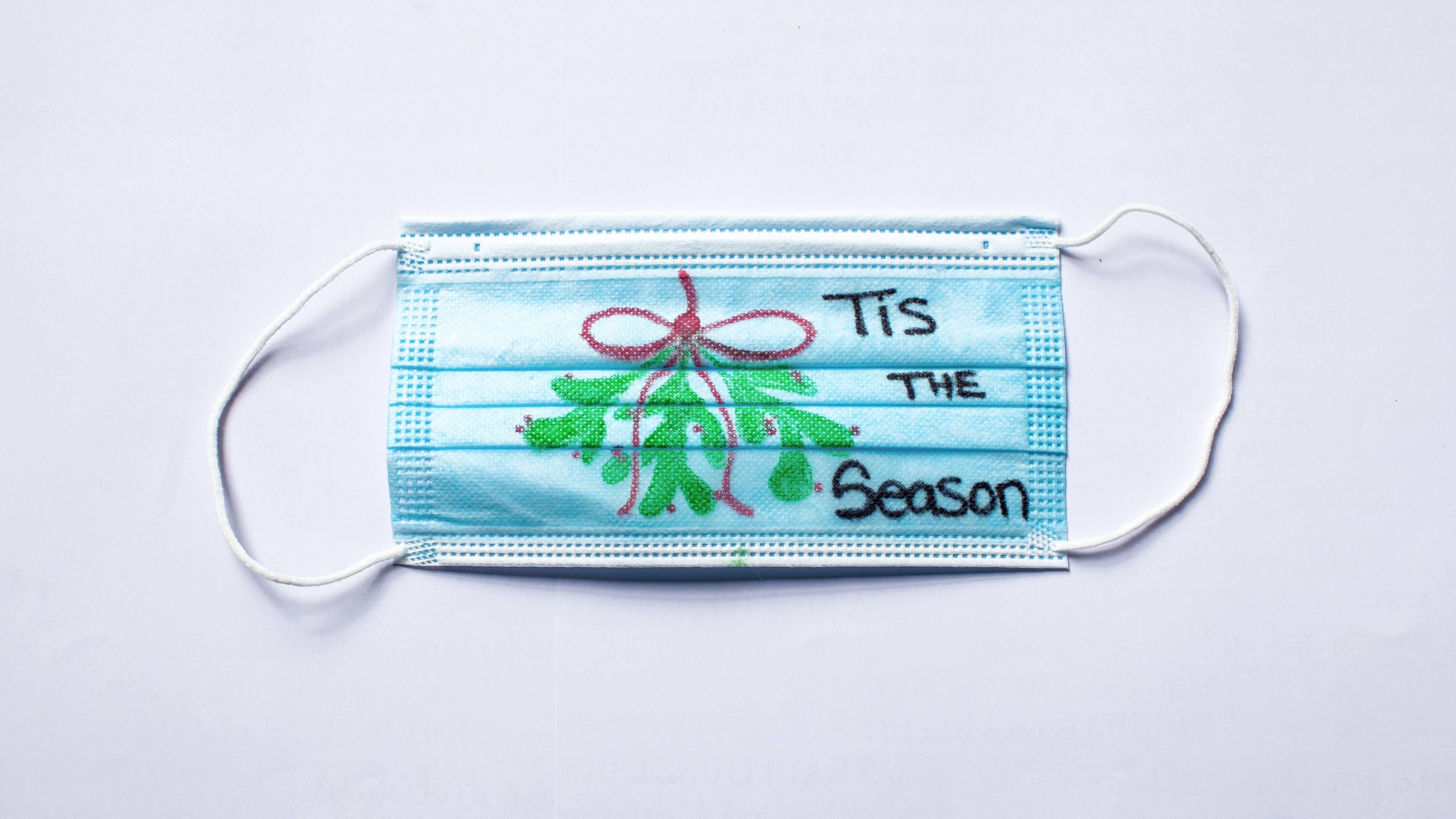
Posted on December 05, 2020
Can the holidays be both enjoyable and safe this year? The holiday season was never stress-free, but the pandemic adds new concerns around the safety of ourselves and others. Having no norms to guide us, decisions about how, where and with whom to celebrate can be tricky.
In the face of surging COVID-19 cases in many areas and the fact that many new cases are tied to small gatherings, the Centers for Disease Control and Prevention (CDC) has recently updated its guidelines. The guidelines are explicitly not intended to replace state and local rules and regulations, so be sure to check out those that apply to you.
Obviously, as the CDC guidelines point out, virtual celebrations and those limited to members of one household are safest. From a public health standpoint, it would be best if we all celebrated in one of those ways. But for some of us, this will seem unacceptable, as the CDC recognizes by addressing other scenarios with extensive recommendations.
People being people, we are bound to disagree on these matters not only from family to family but also among nuclear family members, and this familial disagreement can evoke considerable stress. How do we make sure our differences don’t ruin not only our holidays but our relationships?
I believe that this, like some other aspects of the pandemic, offers an opportunity for personal and family growth. Our relationships are an important component of our whole health, and communication is at their heart. How we discuss this potentially touchy subject can determine whether we strengthen or undermine our family relationships. Here are my suggestions:
• Accept that family members may disagree. People tend to weigh these holiday decisions by balancing two dimensions: importance and risk. The higher the importance of celebrating in a certain way, the more risk a family member may be willing to take. The higher the risk is perceived to be, the less its importance will matter. The result of this calculus will differ from person to person. The key is to offer other family members the gifts of respect and acceptance: holding them capable of making the right decisions for themselves and those closest to them and loving them enough to have their decisions be okay with you.
• If you want to understand how a family member arrived at a decision, listen to them with the sole objective of seeing their perspective without judging it or trying to alter it or align it with your own view. Don’t assume you know what they think until they tell you or that you know better than they do what is best for them.
• In order to listen with this kind of curiosity, ask open-ended questions. Starting a question with “what” or “how” is more apt to reveal more of another’s perspective than a yes-or-no question. For example: “What would it take for you to feel safe?” or “How does what I am proposing feel to you?” Avoid questions beginning with “why,” as they can make others feel defensive.
• A good way to begin and end what may be a difficult conversation might be to say, “Whatever your thoughts on this, I love you.”
Speaking of love, don’t forget to show yourself some during the holidays. All too often, we spend so much time and energy doing for others that we end the season exhausted and depleted. Never a good idea, this approach is particularly unwise at a time when our immunity is critically important. If it seems hard to turn the focus on yourself, remember what flight attendants caution before the plane takes off: If the oxygen masks drop, don your own before helping another person with theirs. It’s not selfish to care for yourself because it makes you better able to care for others.
As for how to engage in self-care, consider the practices described in my October and November posts (on mindfulness and lifestyle choices, respectively) dealing with anxiety management. If you attend holiday gatherings that involve eating, you may want to also consider the tips I passed along last year, some of which may still be relevant. Remember, too, that perfection isn’t the goal: small steps add up.
Maintaining equilibrium during this unprecedented holiday season may become a little easier if we remember that everyone is struggling with the same issues. If we normalize our feelings this way and remember that “This too shall pass,” we can take some of the pressure off the moment and look forward with optimism to 2021.